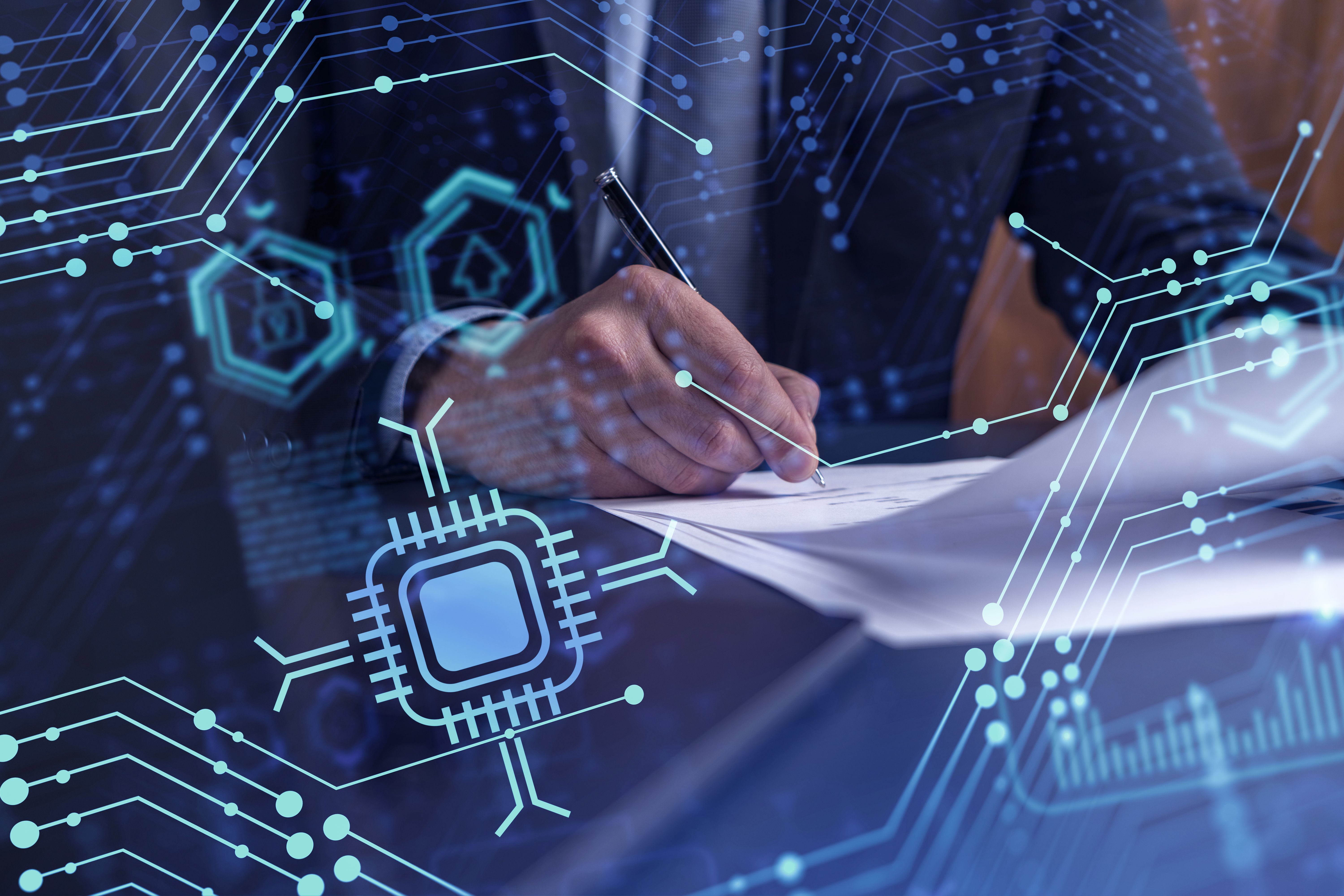AI Tools Revolutionize Smart Contract Self-Auditing
Understanding the Rise of AI in Smart Contract Auditing
The digital landscape is rapidly evolving with blockchain technology at its forefront. A crucial element in this domain is the smart contract—a computer program that facilitates, verifies, or enforces the negotiation of a contract. However, ensuring the integrity and security of these contracts has always been a challenge. Enter AI tools, which are now revolutionizing the process of smart contract self-auditing, making it more efficient and reliable.
Traditional auditing of smart contracts requires expert knowledge and can be a time-consuming process. Human auditors meticulously review code to identify vulnerabilities and ensure compliance with specified standards. But with the integration of AI, the landscape is changing. AI tools can analyze vast amounts of code at unprecedented speeds, identifying potential issues far more quickly than human counterparts.

The Role of AI in Enhancing Efficiency
AI tools leverage machine learning algorithms to learn from existing smart contract audits and improve over time. This perpetual learning cycle allows AI to detect even the most subtle bugs or vulnerabilities that might have been overlooked by human auditors. The efficiency brought by AI not only reduces the time taken for audits but also lowers the costs associated with them.
Moreover, AI-powered tools can operate round-the-clock, providing continuous monitoring of smart contracts. This constant vigilance ensures that any changes in the contract or emerging threats can be detected and addressed promptly, maintaining robust security standards across blockchain networks.
Key Benefits of AI-Powered Self-Auditing
The integration of AI into smart contract auditing offers several advantages:
- Speed: AI tools can analyze and audit contracts much more quickly than traditional methods.
- Accuracy: With machine learning capabilities, AI tools can achieve higher accuracy in detecting vulnerabilities.
- Cost-Effectiveness: Reducing the need for extensive human labor results in lower auditing costs.
- Scalability: AI tools can easily scale to handle more contracts as blockchain usage grows.

Challenges and Considerations
While AI tools offer numerous benefits, they are not without challenges. One primary concern is the dependence on data quality. The effectiveness of AI in auditing heavily relies on the quality and diversity of data it is trained on. Poor data quality can lead to inaccurate assessments and potentially overlook critical vulnerabilities.
Additionally, there is a learning curve associated with implementing AI solutions. Organizations need to understand how to effectively integrate these technologies into their existing workflows to maximize their potential benefits.
The Future of Smart Contract Auditing
The future of smart contract auditing is undoubtedly intertwined with AI advancements. As these tools continue to evolve, they will likely become even more sophisticated, offering deeper insights and more comprehensive security solutions. This evolution promises a future where blockchain technology can be utilized with greater confidence and fewer risks.

In conclusion, AI tools are revolutionizing the self-auditing process of smart contracts by providing faster, more accurate, and cost-effective solutions. As organizations embrace these technologies, they are not only enhancing security but also paving the way for broader adoption of blockchain innovations across various industries.
